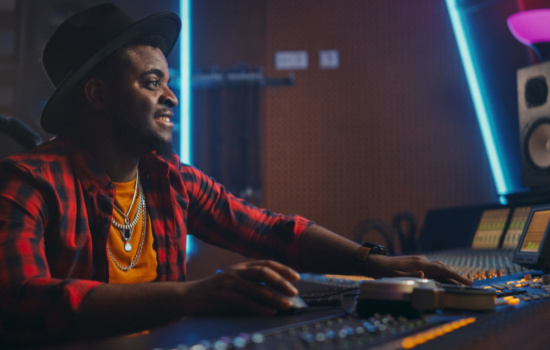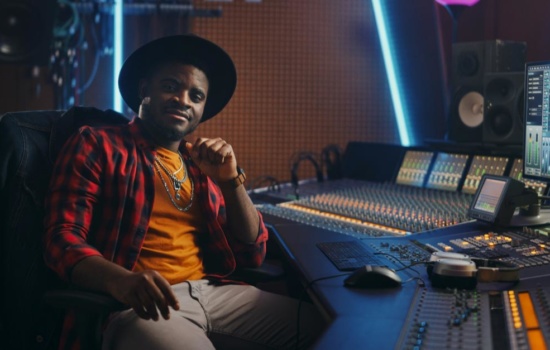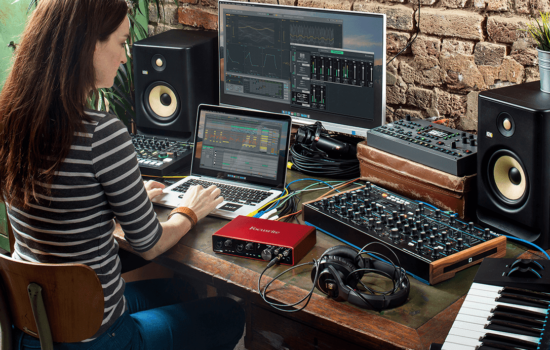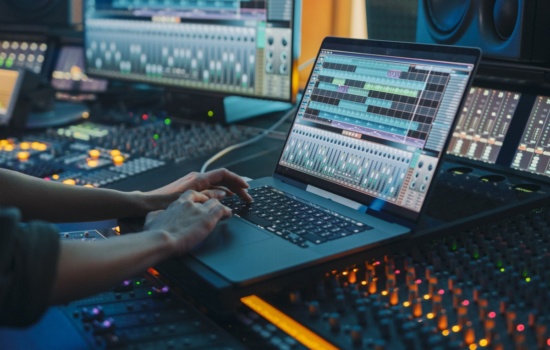L.Dre (a producer who’s had viral hits on TikTok and has worked with Honda, Samsung, and Dr. Pepper) said that your success as a producer does not hinge on whether or not you have a degree in music.
It’s all about how good you are.
“Let me tell you this straight up: no one gives a flying f*ck if you have a degree in music production,” he said.
But he goes on to say he made a lot of great connections through school, which is one of the best reasons to enroll.
Yes, you will learn a lot at music school, but earning a degree in music doesn’t automatically make you better at producing music than everyone else.
Producer and engineer Warren Huart (Aerosmith, James Blunt, Ramones) said having a degree is great, but it doesn’t mean you’re more of an expert than someone who learned a different way.
That being said, many Grammy Award-winning producers attended music school and it was beneficial to their career, some of whom we mention in this article. It’s all about doing what makes the most sense for your career goals.






